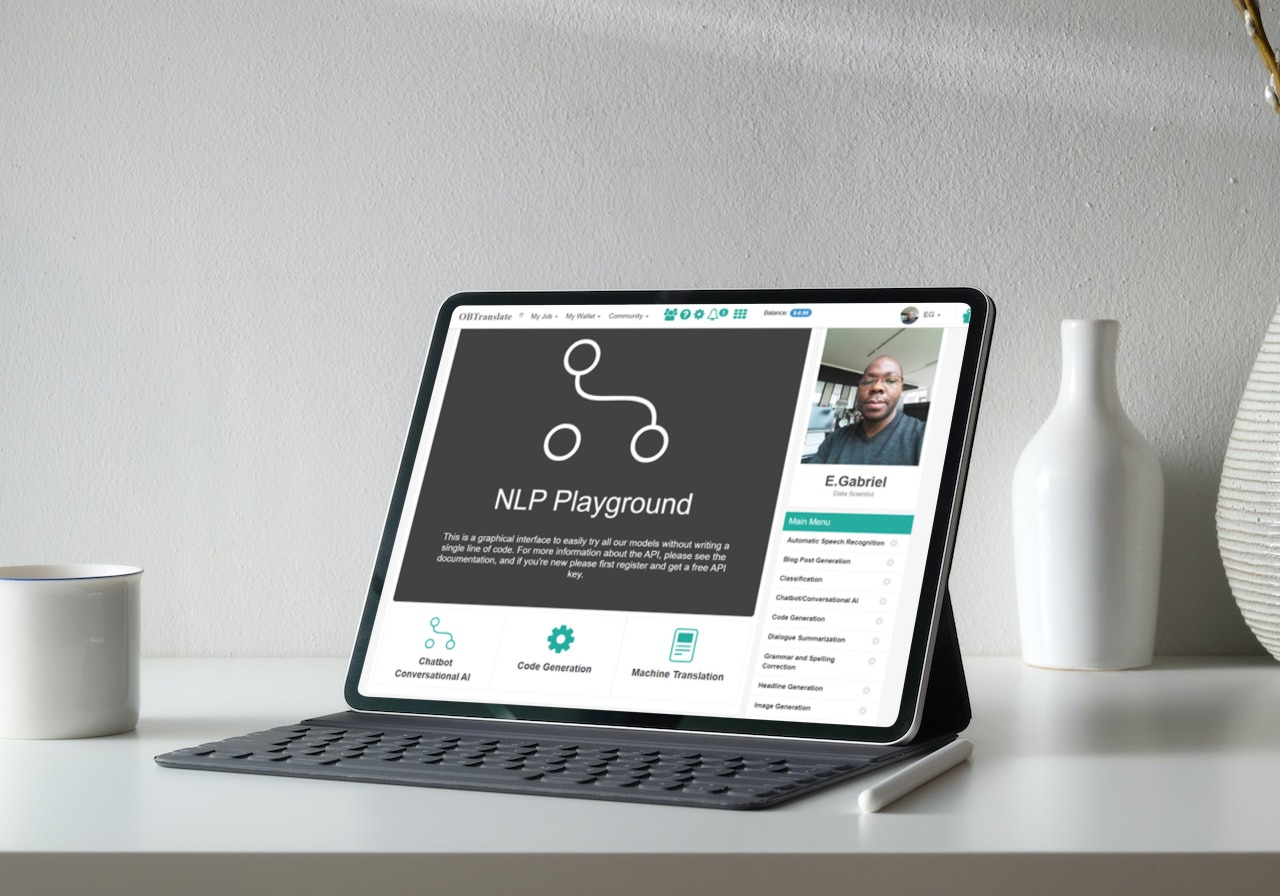OBTranslate® is the largest machine translation (MT) system in the world. It has evolved since its first inception in the Spring of 2019. Leading us to the development of version 1.1.1 during the Summer of 2020, and is currently in its latest version (1.9.6), with major portions of code that are efficient and easy to maintain.
Presently, we are working towards version 2.5.0, which will denote major changes in the architecture, the components, and "neural models". The new version is tailored to understand a larger dataset of languages on the universal free text and speech translator.
To promote collaboration and accelerate progress in OBTranslate® machine translation and AI, academic institutions can encourage the sharing of data and software among our researchers. This might include hosting open data repositories and providing support for open-source software development projects. By promoting open data and open-source software, academic institutions can help researchers avoid duplicating efforts and build on each other's work more easily.
OBTranslate® Machine translation and AI technologies have the potential to impact a wide range of communities and stakeholders, and it is important to ensure that research efforts are inclusive and represent diverse perspectives. Academic institutions can promote diversity and inclusivity by creating opportunities for underrepresented groups to participate in research projects, providing mentorship and support for early-career researchers from diverse backgrounds, and organizing events and initiatives that highlight the ethical and societal implications of machine translation and AI technologies.

